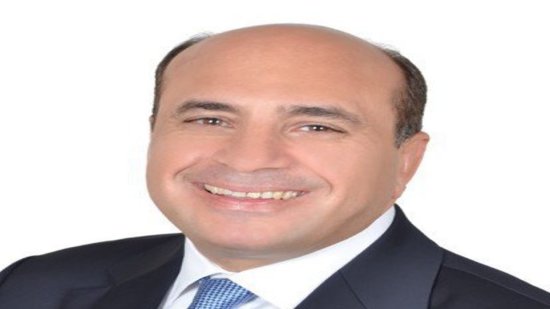One of the many difficulties facing President Abdel Fattah Al-Sisi lies in his handling of Egypt’s political dynamic from a single, incredibly narrow perspective. The president has tended to deal with political incidents and opponents separately and thus appears to be incapable of visualising the full picture. Applying a repressive policy to each individual political event gives the president the impression of having won. In reality, of course, winning small battles does not necessarily result in winning the entire war.
Al-Sisi: pick your battles to win your war
By-Mohammed Nosseir -dailynewsegypt
Opinion
00:07
Monday ,25 July 2016

Al-Sisi believes that the root causes of every challenge that arises should be tackled without delay. He does not believe that many of these issues require time to mature and that the likelihood of their successful resolution will increase in due course—or that his approach in addressing problems may be flawed. Al-Sisi does not personally believe in the merit of diffusing a present crisis that could be better dealt with in the future. Thus, his challenges and enemies have been accumulating—and rather substantially at that—over a very short period.
The manipulation of the Egyptian media (both state-run and private) is not only misguiding for Egyptian citizens. The ruler himself may have fallen victim to a media that always praises the president and favours his polices. Al-Sisi believes that any people who are critical of his ruling (inside Egypt and abroad) must be conspiring against him. This may result in the president being trapped by his own perception and policies—naturally resulting in the number of his opponents and enemies further multiplying.
By insisting that he must win every battle, Al-Sisi has inadvertently broadened his challenges and increased the number of his opponents since his inauguration. Our president wants to play the hero at a time, and during a course of events, when Egypt needs a more conciliatory leader. He does not take into consideration the fact that many of his actions and much of his behaviour have resulted in unintended, awkward consequences. It seems that the president is winning the vast majority of his battles, but does not realise the cost of these victories and is not aware that he is actually acquiring more opponents.
Al-Sisi’s regime employs two sole tactics to resolve challenges: implementing a harsh policy vis-a-vis the president’s opponents and working on “escalating” mega projects—the outcomes of which are not yet perceptible to citizens. Mubarak ruled Egypt for almost three decades and used to say that he had a doctoral degree in stubbornness, informing Egyptians that they “were stuck with him for as long as his heart is beating”. Although he used a degree of practical sense when dealing with critical political issues and used to apply a policy of repression that was “cleverly-guided” so to speak, Mubarak ended up being toppled by his people nonetheless.
Repressive policy has a broad impact on the entire society, creating a situation where many citizens, and even foreign residents, may easily come to view themselves as potential victims of the state. Only a tiny segment of society that benefits from present conditions is voicing its loud support for the president. Al-Sisi—who is definitely working on weakening his opponents by undermining, deporting, or penalising them—should not delude himself into thinking that his clear and present opponents constitute his only challengers. The substantial negative impact of his suppressive policy on society at large may be set off at anytime—without any involvement by the opposition.
Al-Sisi is applying uncontrolled repressive tactics that he believes are perfectly correct policies, meant to last. Unfortunately, he is acting and behaving as if he were on a mission in which every single battle must be successfully waged and won, with the aim of transforming the entire Egyptian society into ‘Al-Sisi fans’. The president, regrettably, does not appreciate the impact of his repressive policies on investors, tourists, and Egypt’s international relations, all of which are declining sharply. Egyptians will reach a tipping point at which Al-Sisi’s opponents will acquire a sufficiently broad base and enough power to change the country’s political outlook.


